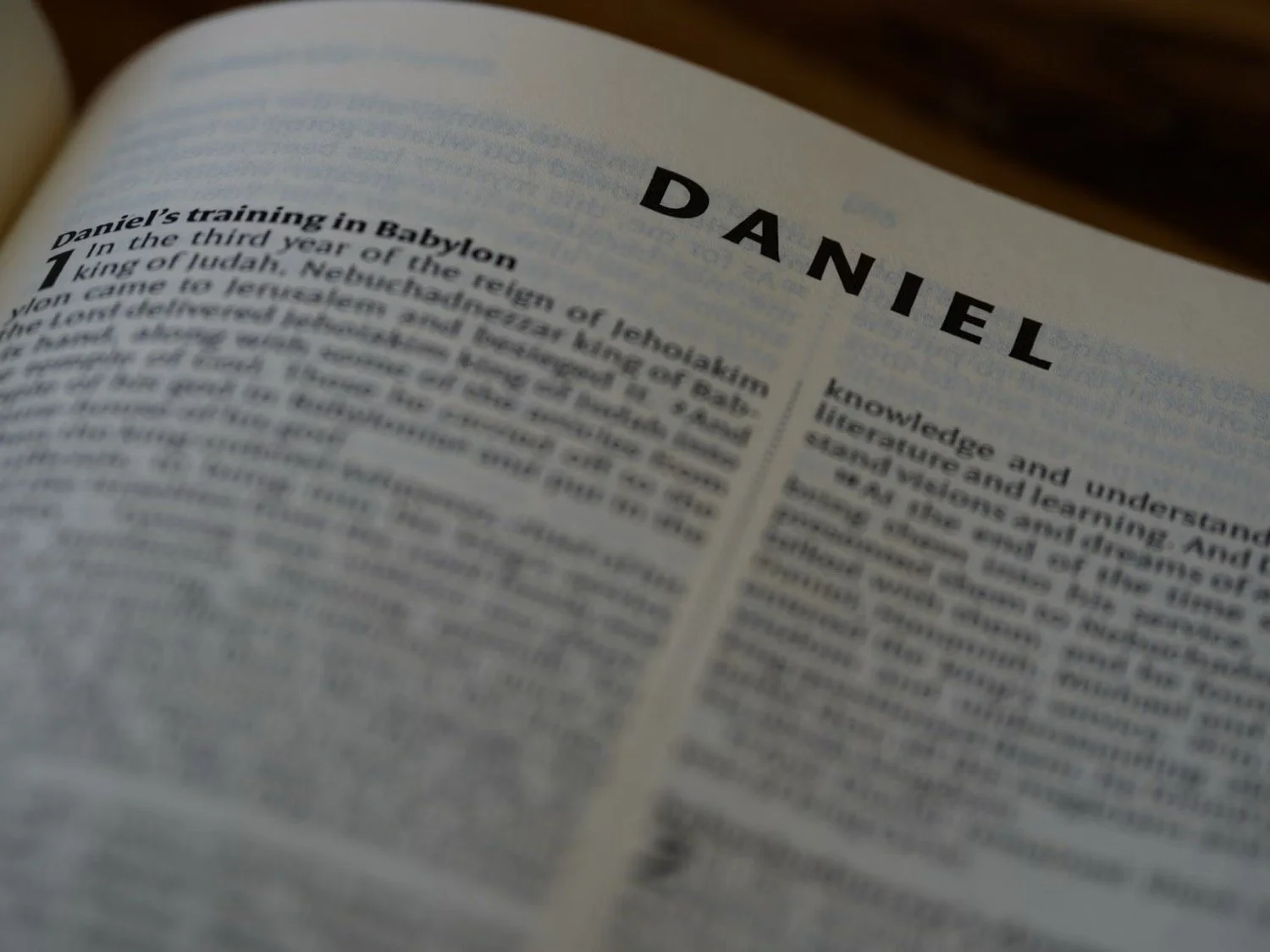Readings for the day: 1 Kings 7-8, Psalms 11
The prayer of King Solomon at the dedication of the Temple is one of my favorites in all of Scripture. It’s serves as a great model for us as we think about our own prayer life. It begins with an ascription of praise for who God is and a recognition that He is utterly transcendent.
"O Lord, God of Israel, there is no God like you, in heaven above or on earth beneath, keeping covenant and showing steadfast love to your servants who walk before you with all their heart...” (1 Kings 8:23) Solomon acknowledges the greatness of God. His majesty. His glory. His splendor. He is not just one among many gods. He is alone is the true God of the heavens and the earth. He is also a God defined by faithfulness. Eternal loyalty. Steadfast love for His covenant people who are the humble recipients of His blessing. This attitude is truly the starting point of prayer. Prayer must begin with an understanding of who God is and who we are. We are not the same. We are not on the same level. God is the shepherd and we are the sheep. God is the potter and we are the clay. God is the king and we are his servants. Prayer place us in a humble position before the Lord. This is the ONLY posture one can take when they come before God in prayer.
“But will God indeed dwell on the earth? Behold, heaven and the highest heaven cannot contain you; how much less this house that I have built! Yet have regard to the prayer of your servant and to his plea, O Lord my God, listening to the cry and to the prayer that your servant prays before you this day...” (1 Kings 8:27-28) As we come humbly before the Lord, we are assured of His promise to hear us. To listen. To attend to our prayers. God hears every word. Every cry. He sees every tear. He knows the secret thoughts of our hearts and He delights when we bring those before Him openly and honestly. Solomon makes it clear that the Temple’s primary purpose is to serve as a house for prayer. A place where Israel can come before God and lay their requests before Him.
God not only listens to our requests, He also hears our confession. Throughout this prayer, Solomon acknowledges the inescapable reality of sin. It is ubiquitous. It is endemic. It is simply part of who we are as God’s people. So when a man or woman sins. When God’s people sin collectively. Whether against neighbor or friend. Through systems of oppression or abuse. When Israel suffers defeat at the hands of their enemies or the rains are shut up in the heavens or famine strikes the land. In those moments, if Israel will humble themselves and pray and seek God’s face, God promises to hear from heaven and forgive their sin and heal their land. He promises to “hear in heaven your dwelling place and forgive and act and render to each whose heart you know...” (1 Kings 8:39)
God will do all these things in such a way as to make His name great upon the earth. Even in Solomon’s prayer, there is a missional, outward-facing component. "Likewise, when a foreigner, who is not of your people Israel, comes from a far country for your name's sake (for they shall hear of your great name and your mighty hand, and of your outstretched arm), when he comes and prays toward this house, hear in heaven your dwelling place and do according to all for which the foreigner calls to you, in order that all the peoples of the earth may know your name and fear you, as do your people Israel, and that they may know that this house that I have built is called by your name.” (1 Kings 8:41-43) God desires to fill the earth with His glory. Israel is called to serve this very purpose. In the way Israel orders her life and faithfully serves her Lord, she will be a witness to the nations and to all of creation of the steadfast love of God.
You can see why I love this prayer so much! As I said above, it is a great model for us to follow in our own lives as we ponder and reflect on our relationship with God. Because of Christ, Christians have access to the Father in ways Solomon, in all his wisdom, could never have imagined! Because Christ sits at the Father’s right hand interceding for us continually, the door is always open. The way to the Holy of Holies always clear. We have a standing invitation to come before our Heavenly Father with the blessed assurance He will always listen. When you pray, pray with this eternal promise firmly fixed in your mind and heart.




